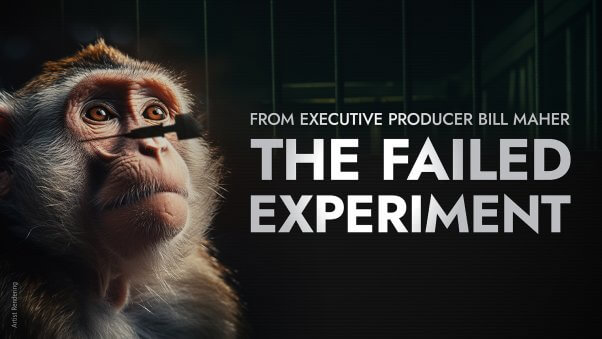The gloves are off after Oscar Mayer’s announcement that it will pay drivers $35,600 to haul its cruelty- and cholesterol-pushing hot dog truck across the country, as PETA counters with an offer of $35,601 for representatives interested in promoting a humane and healthy diet by driving a vegan food truck. The group is offering drivers a chance to drive “Hell on Wheels,” PETA’s guerilla-marketing campaign featuring a life-size chicken transport truck covered with images of real chickens crammed into crates on their way to a slaughterhouse, complete with actual recorded sounds of the birds’ cries, or its new vegan food truck due to launch in March.
“Hell on Wheels,” PETA’s truck featuring real images and sounds of chickens being hauled to slaughter. Credit: PETA
“When you realize that hot dogs are cancer-causing tubes of tormented pigs’ body parts, an Oscar Mayer wiener is the last thing you’d want to be,” says PETA Executive Vice President Tracy Reiman. “Drivers who want to sleep at night can apply to PETA and save lives instead of helping meat companies put a cutesy spin on ‘death dogs.’”
In the meat industry, workers chop off pigs’ tails, clip their teeth with pliers, and castrate the males—all without pain relief—and cram cows into cramped, filthy feedlots with no protection from the elements. At the slaughterhouse, workers shoot animals in the head with a captive-bolt gun, hang them up by one leg, and cut their throats—often while they’re still conscious. Everyone who goes vegan saves the lives of nearly 200 animals a year; reduces their risk of developing heart disease, diabetes, and cancer; and dramatically shrinks their carbon footprint. PETA offers a free vegan starter kit for those ready to make the switch.
PETA—whose motto reads, in part, that “animals are not ours to eat”—opposes speciesism, a human-supremacist worldview. For more information, please visit PETA.org, listen to The PETA Podcast, or follow the group on X (formerly Twitter), Facebook, or Instagram.
The post Wiener Wars! PETA Offers Wienermobile Drivers a Job That Lets Them Sleep at Night appeared first on PETA.


